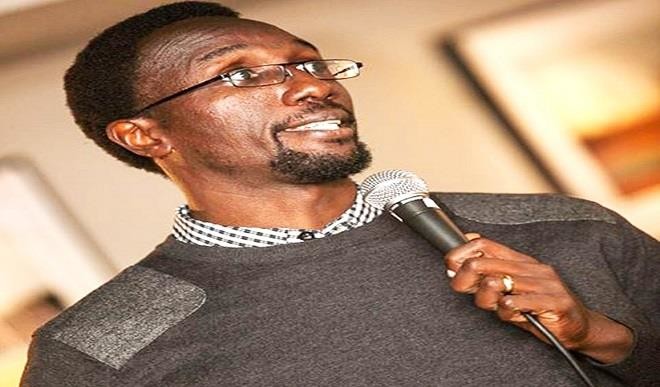Between poets and their craft
Is there a ‘shift’ in poetry in Nigeria? Odoh Diego Okenyodo, author of the acclaimed collection ‘From a Poem to its Creator’ describes this ‘shift’ as “huge” and points out that the spoken word movement is taking its toll on poetry. “Spoken word is a genre or sub-genre of its own and I think it […]


Is there a ‘shift’ in poetry in Nigeria? Odoh Diego Okenyodo, author of the acclaimed collection ‘From a Poem to its Creator’ describes this ‘shift’ as “huge” and points out that the spoken word movement is taking its toll on poetry.
“Spoken word is a genre or sub-genre of its own and I think it deserves respect. Nonetheless, it’s doing a lot of disservice to the choices made by poets because of the pressure to be visible and recognised by the public,” he says, adding that spoken word artists shouldn’t be seen as inferior artists or second-rate to poets. “Modern poetry is becoming more prosaic and self-indulging on the part of the poet.”
Okenyodo approaches his craft “by some sort of insulation,” from the pressures or demands of the public. He has a collection entitled ‘A Barrel of Me’, that has been in the works for about four years, half the time since his first solo collection ‘From a Poem to its Creator’ was published in 2008. “People have been asking when it’s coming out,” he says but he has avoided the pressure of answering by telling himself that he is not competing against anyone. For this, some have taunted him a ‘retired poet.’ But he still looks at his society and paints his pictures.
A performance poet known for his stage presence at Abuja Literary Society (AL) Abuja, Dikeogu Chukwumerije, says it’s an interesting time to be a poet. He explains that poetry today is a lot more diverse, being expressed in more ways and through more channels than ever before. “You have poetry ranging from the classical structured forms we are all familiar with from school, to the more free-flowing rhythms of modern spoken word poetry,” he says, adding that there’s also poetry communicated in writing and orally, through books and videos, via libraries and social media.
Chukwumerije points out that he takes what he does seriously and approaches it very intuitively, aware of the traditional rules of poetry writing, yet willing to follow his instincts wherever they lead.
Poets are known for their use of flowery language. So it’s no surprise when Ahmed Maiwada says he approaches his craft “as a sign language speaker” trying to communicate a narrative, idea, philosophy, emotion, message, knowledge and more, to an audience.
“Being a Nigerian poet has been, to me, like living in a traditional African extended family system, where cousins, uncles, aunts, nephews and nieces don’t exist, but fathers, mothers and sons and daughters,” he offers, adding that the social securities are one and the same.
The author of the collection ‘I Am Memory’ and ‘The Birth of Illusion’, Jumoke Verissimo thinks the idea of being a poet, even when she’s called one, appears like a misfit. “I simply enjoy what I do and leave the opinions and naming to others,” she says. “Like every other form of art, one can only continue to work on one’s art, making efforts to write better and more.”
